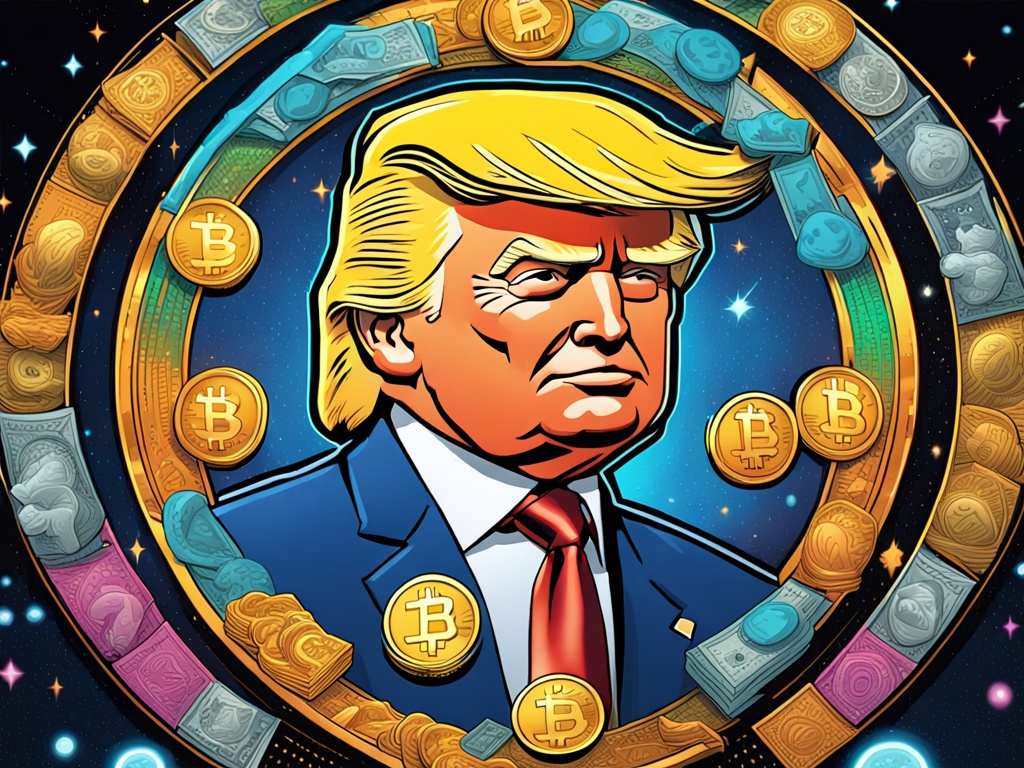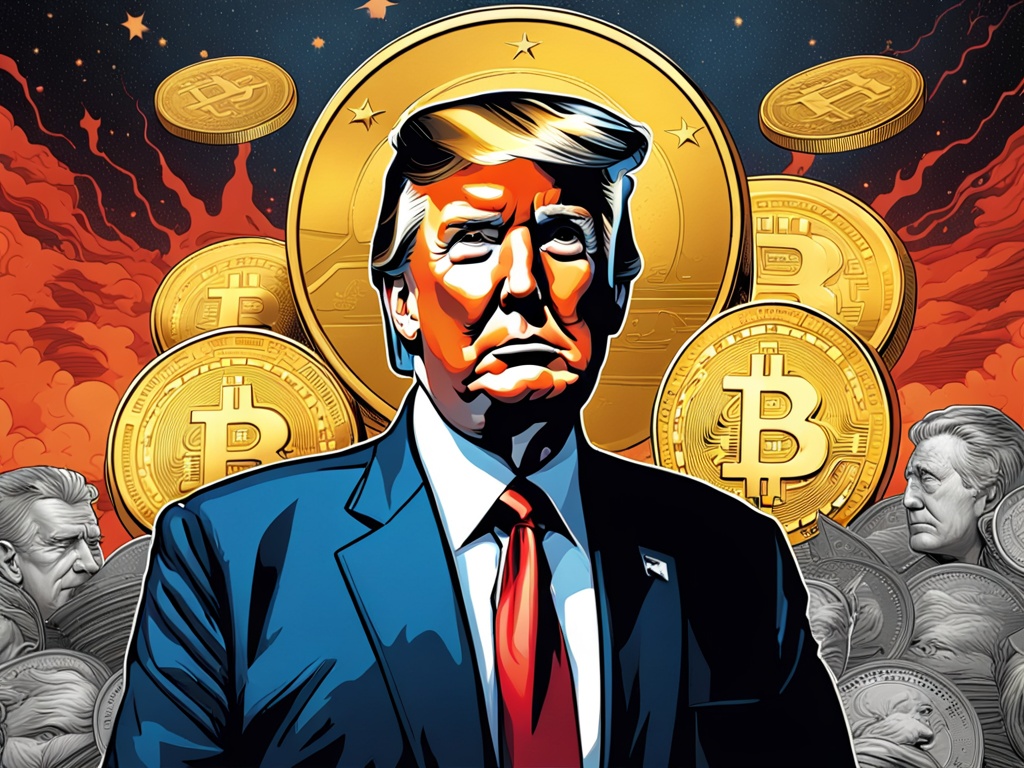The Clash Between Coinbase and the FDIC: What It Means for Crypto Investors
Imagine sitting at your favorite coffee shop, sipping a caramel latte, and discussing the recent turmoil in the crypto world. You might have heard that Coinbase, one of the biggest names in cryptocurrency exchanges, has thrown down a gauntlet against the Federal Deposit Insurance Corporation (FDIC). As an investor in this dynamic space, it’s essential to understand what this legal skirmish means for the market and for you personally.
Key Takeaways
- Coinbase accuses the FDIC of withholding documents related to its oversight of crypto firms.
- FDIC’s alleged "pause letters" are said to recommend that banks halt crypto operations pending regulatory review.
- Lawmakers, including Senator Cynthia Lummis, have voiced concerns about potential misconduct within the FDIC.
- Coinbase plans to broaden its legal complaints against the FDIC to ensure accountability.
Now, let’s dive deeper into this situation.
What Sparked the Controversy?
So, here’s the situation: Coinbase has made a formal request under the Freedom of Information Act (FOIA) to obtain documents that they believe could clarify the FDIC’s stance on cryptocurrency regulations. That’s when things started to get tricky. Paul Grewal, Coinbase’s Chief Legal Officer, has publicly criticized the FDIC for allegedly holding back critical information. He recently stated that while they managed to acquire some relevant letters through legal battles, it seems like the FDIC is playing a game of hide-and-seek with the rest.
It reminds me of a game I used to play as a kid, where my friends would try to find hidden treasures, only to realize that some had been intentionally misplaced! In this case, the treasures are the documents that could shed light on how the FDIC is treating cryptocurrencies.
The Impact of “Pause Letters”
The crux of the issue lies in something dubbed “pause letters.” These are communications from the FDIC that reportedly advised banks dealing with crypto to stop their operations until the agency finished its regulatory reviews. Now, put yourself in the shoes of an investor; if banks are being told to halt crypto dealings, it creates uncertainty in the market. Would you want to invest in something that’s facing potential shutdown?
Moreover, Coinbase suspects there are more of these letters out there that the FDIC has kept under wraps. According to Grewal, the FDIC has limited its search for documents to only those mentioned in prior reports, neglecting the possibility of hidden letters that could provide more transparency. This scenario calls to mind a family dinner filled with secrets and half-told stories—frustrating, right?
Accusations of Misconduct
Grewal didn’t stop there; he also raised concerns about what could be classified as misconduct within the FDIC itself. There are whispers of improper handling of documents and possibly even wasting taxpayer funds on unnecessary investigations. That’s a lot for anyone to process! It strikes at the very heart of trust—not just in governmental agencies but also in the market where we invest our hard-earned money.
In fact, this situation has not gone unnoticed by lawmakers. Senator Cynthia Lummis took to social media to voice her concerns, accusing the FDIC of attempting to keep a campaign known as “Operation Chokepoint 2.0” under wraps. She demands that all documents related to digital assets be preserved. For investors, this is a wake-up call. When regulations appear shrouded in secrecy, it brings a cloud of uncertainty that could affect market stability.
Coinbase’s Committed Response
Now, here’s where it gets interesting. Coinbase isn’t rolling over. They’ve committed to escalating their complaints against the FDIC, embodying the spirit of a determined boxer refusing to stay down despite a powerful punch. Grewal asserted that they would continue their fight, highlighting their commitment to transparency and accountability in regulatory practices. It’s almost like a sports team rallying their fans for support during tough times—except here, it’s about securing a fair playing field for all involved in the crypto sector.
Why This Matters for Investors
So, with all this swirling around, what does it mean for you as an investor? The key takeaway is that regulatory clarity impacts market confidence. When there’s confusion or speculation about the regulatory landscape, investor sentiment can plummet. It’s like when your favorite local café suddenly raises its prices without notice; you may think twice before making that daily visit.
- If the FDIC’s approach to crypto remains opaque, it could deter potential investments and stifle innovation.
- Legislative scrutiny could tighten regulations, which may impact how crypto businesses operate.
- Conversely, if Coinbase succeeds in its quest for transparency, it could lead to a more favorable and clear regulatory environment for cryptocurrency.
Reflecting on the Bigger Picture
As we wrap up our coffee chat, let’s ponder a question: How does the transparency of regulatory bodies influence your trust in investing in cryptocurrencies? It’s a complex landscape out there, one filled with both opportunity and risk. This ongoing debate between Coinbase and the FDIC is just one chapter in the evolving story of cryptocurrency, and how it unfolds could significantly shape the atmosphere of investment in this digital frontier.
For further reading, stay informed on how this unfolds, as it could impact your investment strategy in the exciting world of crypto.
Just like that caramel latte, let’s take our time to savor these developments. The world of cryptocurrency is evolving, and staying informed is key to making the right decisions!





 By
By
 By
By

 By
By
 By
By